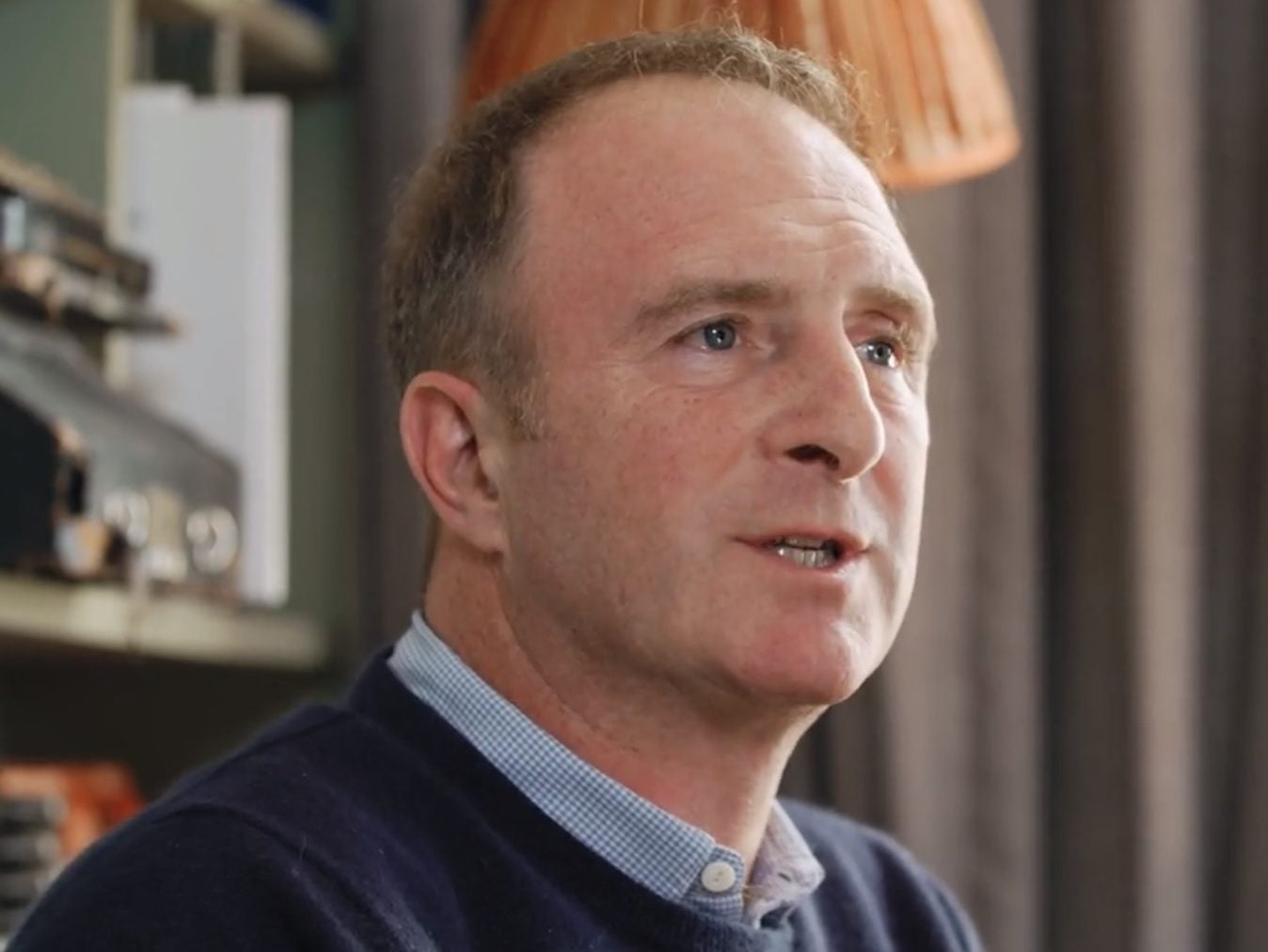
Tortoise Media has gained nearly 20,000 members within the first six months of its launch, co-founder James Harding has said.
The former Times editor left his role as BBC News director in January last year to set up the slow news publisher alongside former Dow Jones president Katie Vanneck-Smith and two others.
Tortoise went live in April this year after raising well over half a million pounds through a crowdfunding campaign backed by some 2,500 people and poaching a number of national journalists to join its ranks.
A membership to Tortoise costs from £5 per month or £50 a year for the under-30s, or £24 per month and £250 per month for everyone else.
But a number of its existing members joined through special offers as part of its early fundraiser, including a five-year digital membership for anyone under 30 who pledged at least £50.
The first 5,000 founding student members also receive free membership.
Speaking to the Media Masters podcast, Harding said: “One of my editors said to me last week: ‘Oh, I think it’s going better than we deserve.’ Which I thought was a good description.”
“I think actually if you set a bunch of journalists off to start a new newsroom, a new business, ‘better than we deserve’ is as good as you can hope for, in that it’s a start-up in a very fast changing environment in terms of economic model, but also appetite for information.
“And so you can’t for a minute think that you’re there.”
Harding said the news outfit’s Thinkins – meetings with members and guests on a chosen topic at which only statements can be made, no questions – were also beginning to sell out.
“We feel like we’ve got some momentum,” said the former FT journalist.
“But I think that, as suggested by the name Tortoise, we know that this is a long, long race and it’ll take us a while. So ‘better than we deserve’, I think is a good start.”
Harding said just under 40 per cent of Tortoise’s members are under 30 “so we’re skewing much younger”, part of a drive to make sure the organisation is “open to as wide a variety of people as possible”.
This also includes reaching those outside of the so-called “London bubble” that led to press failures to spot Brexit.
“We’ve been really clear that we want to make sure we’re not just speaking to people who are, if you like, living and working in around our newsroom in London,” said Harding. “We take our Thinkins on the road.”
Tortoise’s Thinkins have been nominated in the innovation category for this year’s British Journalism Awards, to be held next month.
Harding told Media Masters that paid membership is the marker of success at Tortoise, as the site does not take advertising.
He added: “The real measure of success over time is going to be to build a solid membership that pays for Tortoise, because they want to be a part of it, they come and participate to our Thinkins in the room or online, and they believe in and value the journalism that comes out of it.”
Harding also admitted that he had “massively underestimated podcasting” when launching Tortoise.
“Not because I didn’t realise that people were listening to it, but I thought the market would be hugely oversupplied, and so we should get up and running and then move into podcasting,” he said.
“The more I look at it, actually the more I realise there are not that many people doing what we’re trying to do. And we should try and move into it now. And do it in a way that’s distinctive and different from what you might get elsewhere in the news.”
Tortoise will launch its first weekly podcast tomorrow, according to former Huffpost UK news editor Basia Cummings, who joined the slow news outlet in September.
Cummings said the podcast will try to “make sense of the election, and what it all means for us beyond Dec 12”, adding that it will feature Tortoise editors including Ceri Thomas, Matthew D’Ancona and Christopher Cook.
Picture: Tortoise Media/Screenshot
Email pged@pressgazette.co.uk to point out mistakes, provide story tips or send in a letter for publication on our "Letters Page" blog
